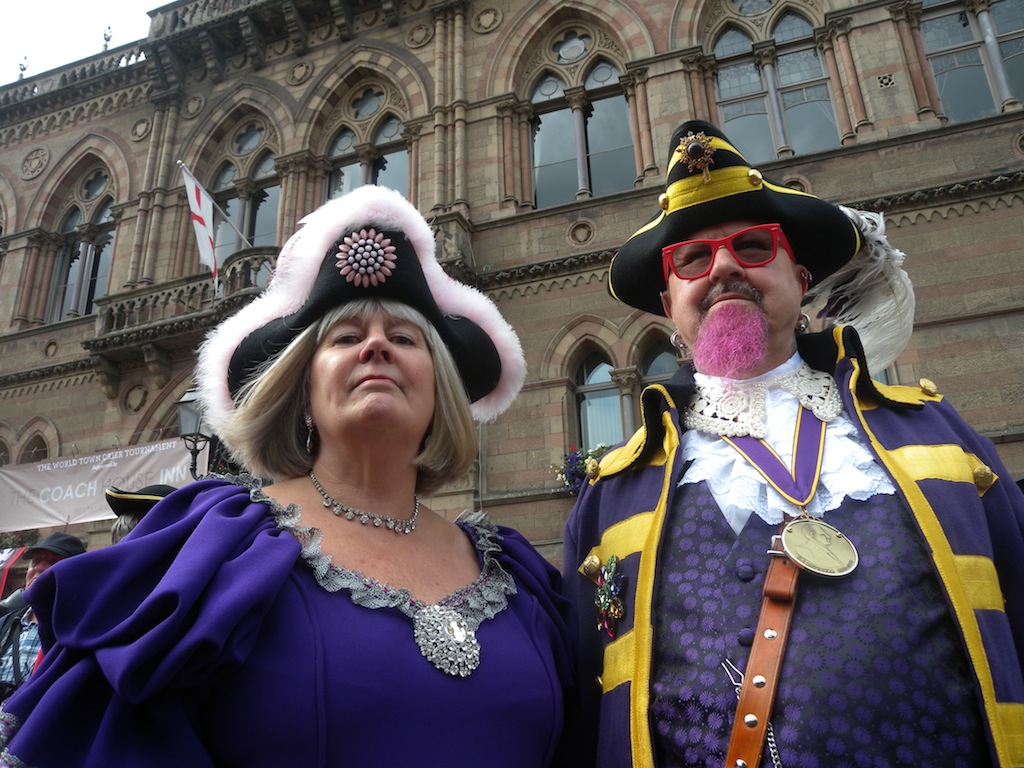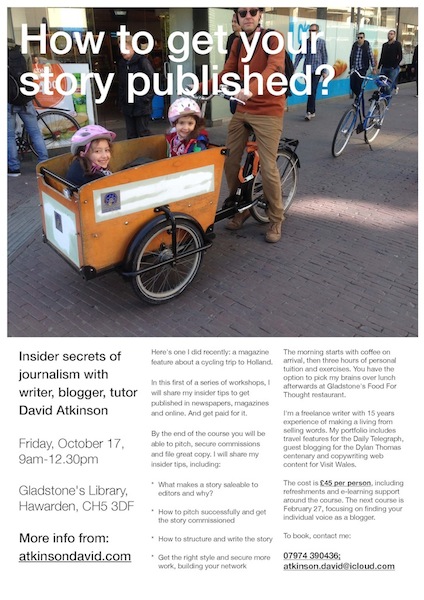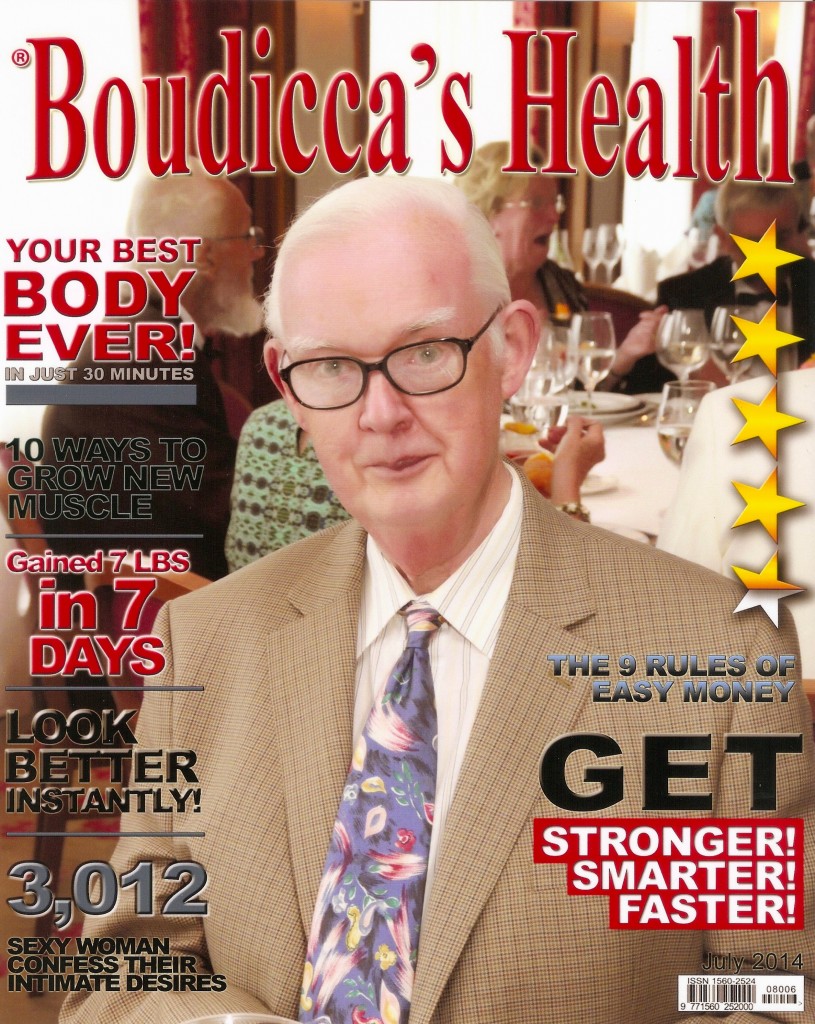* Have you signed up for my new monthly newsletter? Subscribe from the home page.
What is the collective noun for a room full of town criers?
A call maybe? “An annoyance,” chips in Darren McCubbin, the fast-talking crier of the Shire of Wellington, Australia. “That’s what I’d call them.”
Darren was one of 24 town criers, gathered from ten countries, who competed in Chester last week for World Town Crier Tournament.
Story time
I joined them at Chester’s Mill Hotel one evening after one of the tournament rounds for a series of after-dinner stories, yarns and legends to show off the criers’ skills as orators and storytellers.
Returning to Chester was Chris Whyman of Kingston, Canada, to defend his crown as the reigning-champion crier.
The former actor and single father to two boys has been working as a crier, or bellman as they were alternatively known, for some 30 years and today travels the world as a tourism champion for his home town.
“It started as a bit of street theatre to release my inner thespian,” smiles Chris, tucking into dinner in his finest livery, or costume, designed in the flamboyant 18th-century-heyday style, complete with a jaunty tricorne hat. He adds:
“The secret of being a successful town crier is to integrate some of the history and folklore, and then develop the character in your own style.”
The world of town criers is rich in history – and Chester a natural home of the tournament. The first historical records shows a Tudor town crier working in the city in 1558, announcing performances of the mystery plays that year.
The last town crier of Chester died in 1903 but the tradition was revived 100 years later as a tourism initiative. David Mitchell and his wife, Julie, are the current incumbents of the title.
Fresh blood
But while the traditions and strict etiquette of the criers are upheld by the Ancient and Honourable Guild of Town Criers, the fraternity needs fresh blood and younger people to join the profession as the older criers hang up their handbells for the last time.
Dressed as a cyberpunk crier with a purple goatee beard and a series of piercings, former bank note technician turned town crier of Kidsgrove, near Nantwich, Devlin Hobson [pictured above], cuts a charismatic swathe through the room.
“I’m trying to keep the heritage of the town crier from history while giving the community of criers a contemporary twist,” he says, flashing the tattoo across his knuckles.
The message reads: “See you on the other side.”
On the night it’s Ken Knowles, the town crier of Lichfield, Staffordshire, who takes the after-dinner-speaking round. His sketch as a crier with a penchant for a wee whisky had the crowd on its feet in a standing ovation.
“We’re a family of criers,” says Darren, sinking his beer. “An annoyance but the world is also a better place for us.”
Did you see this year’s tournament? Post your comments below.
Liked this this? Try also: Guest blogger: Heritage Open Days
Gazetteer
The Ancient and Honourable Guild of Town Criers



